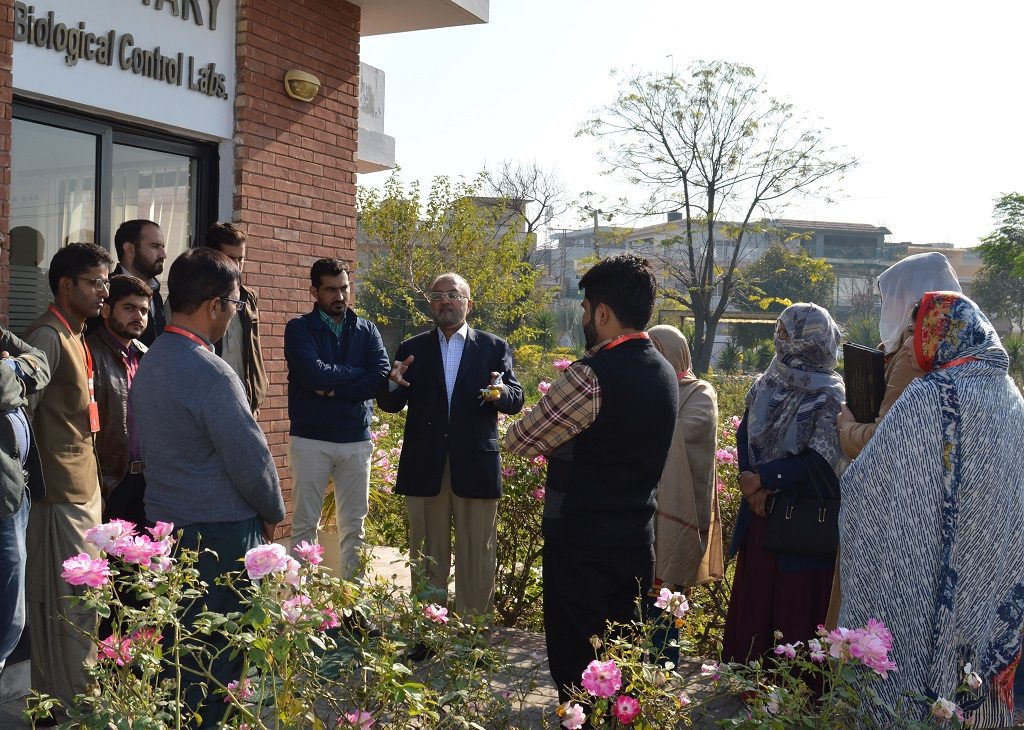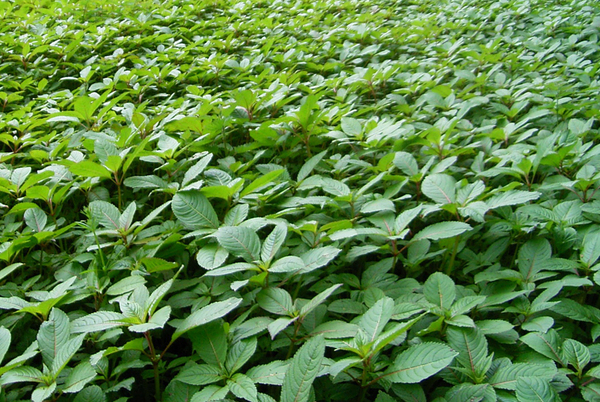Sentinel trees: an early warning system for new invasive threats
With increased levels of human development, transportation and changing climates, we are seeing greater instances of invasive species introduction and spread across all continents. Such invasive species can cause significant ecological and economical impacts in targeted areas, for example the elm bark beetle (Hylurgopinus rufipes) which spread across Europe from North American log transports and…
Learning about the commercial aspects of biological control to combat pests and new invasive threats in Pakistan
Biological control is a key element of an integrated pest management strategy. Not only is it environmentally safe but it is also important for sustainable crop production. Among various biocontrol methods, increasing the presence of natural enemies is an effective substitute when they are not sufficiently abundant or effective.
Traded forest tree seeds pose a great risk of introducing harmful pest, new research shows
CABI has led an international team of scientists who strongly suggest that the global trade of forest tree seeds is not as safe as previously believed, with insect pests and fungal pathogens posing a great risk to trees and forest ecosystems worldwide. Non-native insect pests and fungal pathogens present one of the major threats to…
New Trial Eradicated 80% of a Disease-Carrying Mosquito Population
A new trial experiment undertaken in Australia has been shown to successfully eliminate 80% of the disease-bearing mosquito Aedes aegypti.
Scientists discover new crop-destroying Armyworm is now “spreading rapidly” in Africa
New research announced today by scientists at CABI confirms that a recently introduced crop-destroying armyworm caterpillar is now spreading rapidly across Mainland Africa and could spread to tropical Asia and the Mediterranean in the next few years, becoming a major threat to agricultural trade worldwide.




